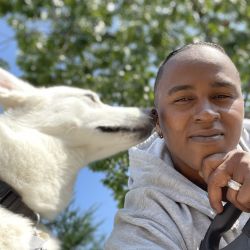Origins and Temperament
Originating from the Canadian island of Newfoundland, these large working dogs were bred to help fishermen—hauling nets, pulling carts, and even rescuing people at sea. With a naturally sweet disposition, they are known as patient and watchful “gentle giants.” Newfoundlands thrive on companionship and are gentle with children, making them excellent family pets. When traveling, it's important to consider their serene yet sensitive nature; a calm environment is best to keep them relaxed during their journey.
Size and Physical Needs
Newfoundlands are hefty pooches, with adult males standing 28 inches at the shoulder and females slightly smaller. They can weigh well over 100 pounds, with some males tipping the scales at 150 pounds or more. These dogs need daily moderate exercise to stay healthy and happy. While transporting such sizable canines, ample space and sturdy equipment are a must to ensure their safety and comfort. Keep in mind their thick double coats, which are prone to heavy shedding and require regular grooming, even during transit.
Common Health Considerations
Like many large breeds, Newfoundlands may be susceptible to hip and elbow dysplasia, heart diseases, and certain joint issues. Having their updated health documentation is crucial for travel, especially since many carriers and destinations require proof of vaccination and a clean bill of health. A pre-trip veterinary check-up is vital to verify they are fit for transport and to identify any special needs that must be addressed en route.















